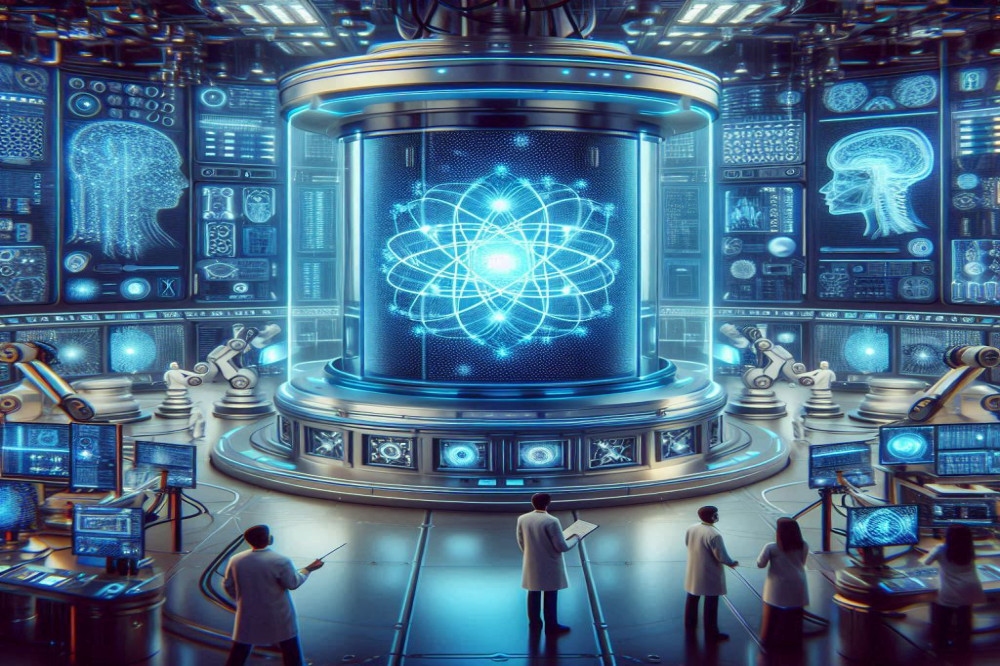
In recent years, quantum computing has seen significant advancements, leading to numerous questions about its potential impact on various fields, including artificial intelligence (AI). Quantum computing is one of the leading innovations that has the potential to revolutionize how data is processed and complex computations are performed. This article explores the impact of quantum computing on the future of artificial intelligence.
Quantum computing relies on the principles of quantum physics, utilizing properties of quantum particles such as entanglement and superposition. Unlike classical computing, which relies on bits that take on values of 0 or 1, quantum computing uses qubits that can represent both 0 and 1 simultaneously. This capability allows for more complex computations to be executed at a much faster rate.
AI heavily depends on high computational power, especially in areas like deep learning and big data analysis. As AI technologies evolve, the need for new means of increasing efficiency and processing speed has become more pressing. This is where quantum computing comes into play, as it can significantly contribute to the development of AI algorithms.
1. Algorithm Optimization:
Quantum computing has the potential to enhance the performance of existing AI algorithms. For instance, it can accelerate machine learning processes by providing rapid solutions to complex computational problems such as encryption and pattern recognition.
2. Big Data Processing:
Big data is a major challenge for AI systems. The superior ability of quantum computing to handle large amounts of data could enable AI programs to analyze big data more efficiently and quickly.
3. Deep Learning:
In fields like deep learning, where systems rely on a network of artificial neural layers to simulate the human brain's functioning, quantum computing could speed up training processes and increase the accuracy of outcomes.
Despite the potential benefits of quantum computing in enhancing AI, there are several challenges that need to be addressed:
1. Qubit Stability:
Quantum computing is still in its early stages, and significant challenges remain concerning the stability of qubits, which require very specific environmental conditions (such as extremely low temperatures).
2. Algorithm Development:
Another challenge lies in developing algorithms compatible with quantum computing. Extensive research is still needed to understand how to exploit quantum capabilities to improve AI.
3. Development Costs:
The cost of building and operating quantum computing devices is currently very high, which may hinder its widespread application in AI.
Quantum computing represents a new horizon that could fundamentally transform the future of artificial intelligence. It is expected to accelerate complex algorithms, increase the ability to process big data, and enhance the performance of deep learning systems. However, realizing these possibilities depends on overcoming the technical and economic challenges associated with developing this emerging technology.
The future of AI is closely tied to the progress of quantum computing, making it an exciting field worth continuous attention from researchers and developers in both areas.